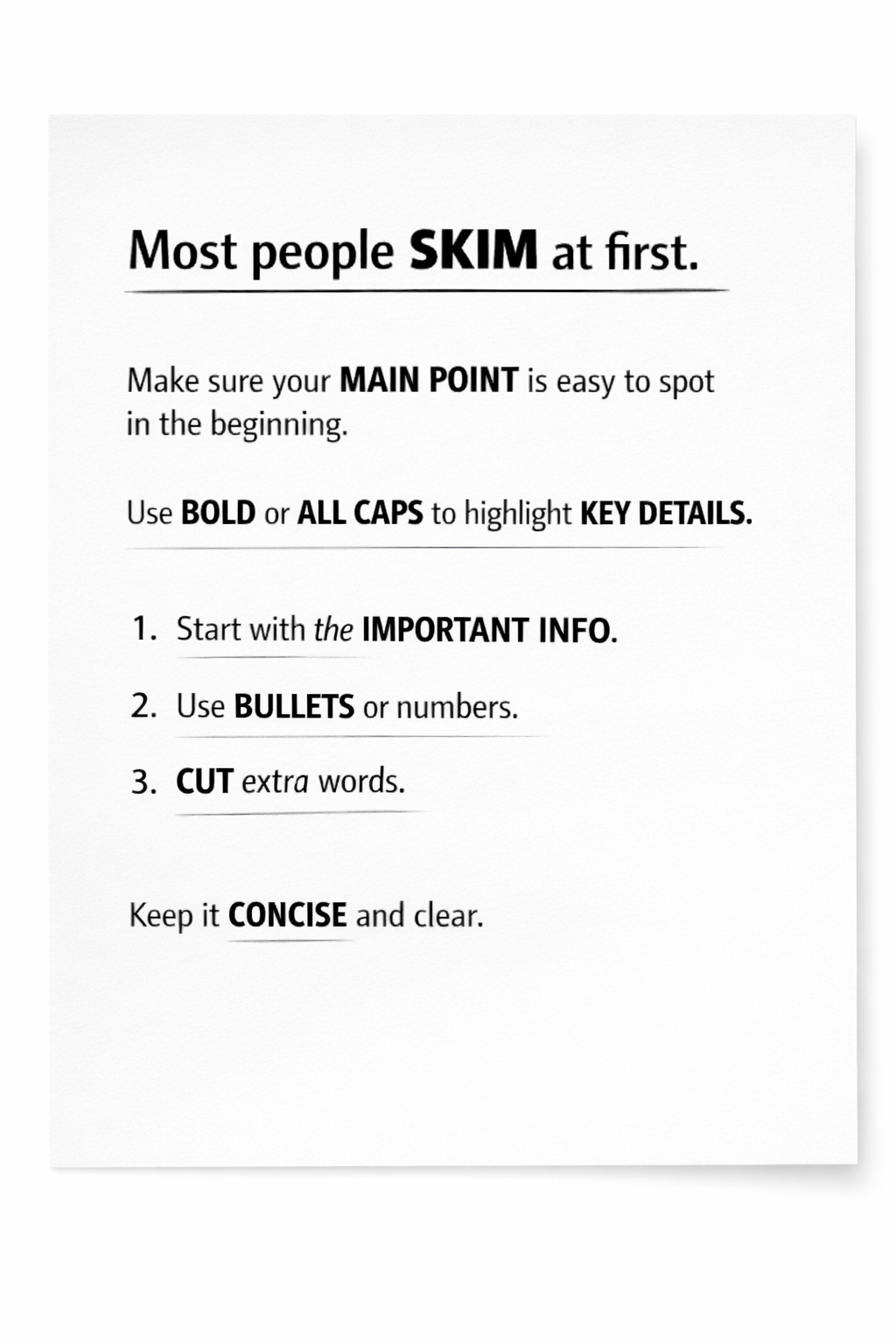Nib #49 — Kidnap Your Darlings
Most writers have heard the graphic editing advice, often attributed to William Faulkner, “Murder your darlings."
It’s a great line because we’ve all been there. We coin a phrase or write a killer sentence…
and we know it. The words’ imagery, beauty, or force dazzles us. We can’t wait to publish it.
But as we revise the first draft, and then the second, a chilling realization emerges: it doesn’t fit. That perfect line proves to be off-topic, inapt, or part of a larger section you know you should scrap.
We know what we have to do. But a voice in our heads whispers: Keep it. It’s too good to cut.
Then we start editing around the darling we don’t want to murder. We preserve the sentence even though it doesn’t work. We try to save the whole extraneous paragraph just to keep the punchline. We even try adding superfluous text around it like flying buttresses, to save the collapsing prose. And all of a sudden, we’re not only wasting time — we’re making the text worse.
Emotional attachment from one’s writing is hard to overcome, hence the violent metaphor. But it’s essential. The good news, you don’t actually have to murder your darlings.
You can just kidnap them.
Copywriters all keep what they call “dump files” or “swipe files” — documents (or notebooks, back when) full of ideas for other projects that didn’t pan out. They don’t pitch them — they save them, for use later on. All writers can adopt this practice.
A good idea — for a character or plot twist, a phrase or metaphor, example or argument or description — is no less good just because it doesn’t fit the thing you’re writing today.
Contra Faulkner, never murder your darlings. Kidnap them. Save them. Collect them. Keep them somewhere you can come back to — for repurposing. For inspiration. Or even just to remind a blocked, discouraged, despairing future you that yes, you can do this — and here is the proof.
Until next week… keep writing!











